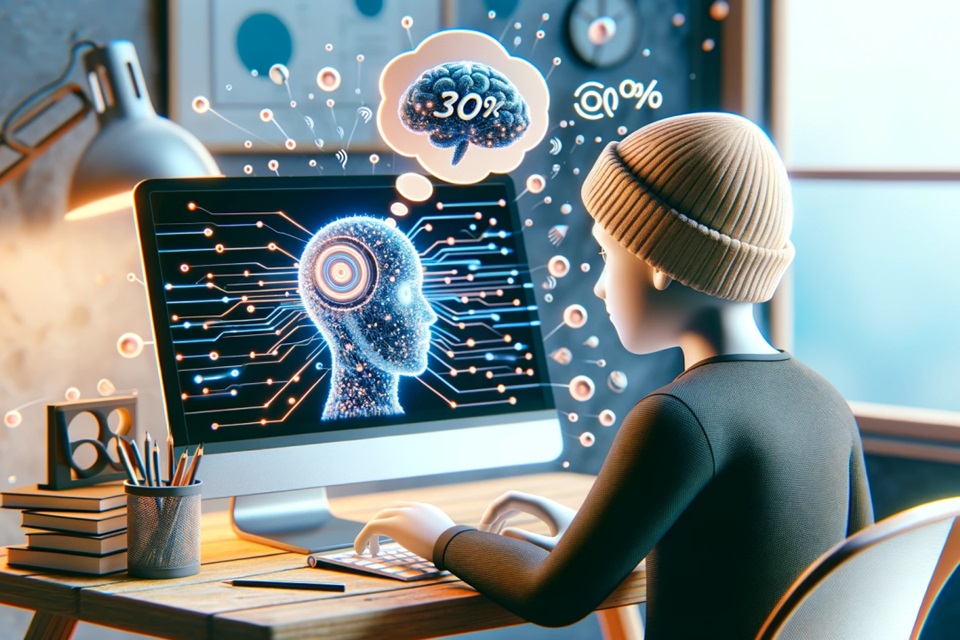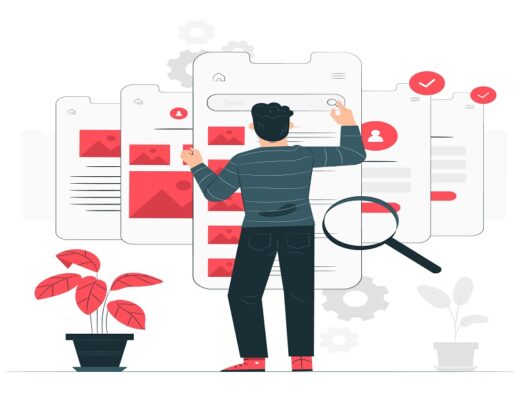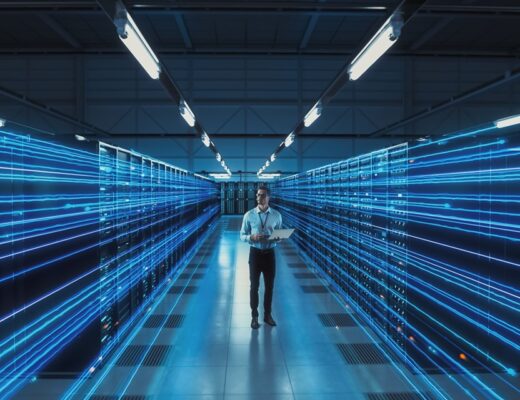In the rapidly evolving digital world, the future of visual content enhancement is increasingly being shaped by artificial intelligence (AI). One of the most exciting developments in this field is using AI to expand image capabilities. This technology is not only changing how we enhance and interact with images but also opening up new possibilities for creativity and efficiency. Let’s explore what the future holds for AI in visual content enhancement.
1. AI-Powered Image Upscaling: Revolutionizing Resolution
The era of blurry, low-resolution images is ending, thanks to AI-powered image upscaling. This technology allows us to take small, pixelated images and transform them into high-resolution versions without losing quality. Imagine being able to turn old, grainy photos from your phone into sharp, clear images suitable for large prints or digital displays. AI accomplishes this by intelligently filling in missing details and textures, making the image appear more natural and lifelike. As this technology advances, we can expect even more sophisticated upscaling that can easily handle complex images, making high-resolution imagery more accessible to everyone.
2. Automated Image Editing: Efficiency & Precision
AI is set to streamline the image editing process significantly. With advanced algorithms, AI can automatically adjust color, brightness, and contrast to enhance the overall quality of images. This means less time spent on manual adjustments and more time for creative work. For professionals in photography, marketing, and design, this automation can boost productivity and ensure consistent quality across all visual content. Future developments may include AI that can understand the context of an image and make adjustments based on specific artistic styles or branding requirements.
3. Enhancing Realism In Virtual & Augmented Reality
AI is playing a crucial role in enhancing the realism of virtual and augmented reality experiences. By improving image quality and depth perception, AI makes virtual environments more immersive and lifelike. This has enormous implications for fields such as gaming, training simulations, and interactive media. Future advancements in AI could lead to even more realistic and responsive virtual environments, blurring the lines between digital and physical worlds.
4. Personalized Content Creation With AI
AI’s ability to analyze vast amounts of data means it can personalize visual content to suit individual preferences and needs. This can revolutionize advertising and entertainment by delivering viewers more relevant and engaging content. Imagine streaming services that automatically adjust movie aesthetics to match your mood or advertisements that change imagery based on viewer interests. As AI technology becomes more sophisticated, the level of personalization and responsiveness in visual content is expected to reach new heights. According to Adobe, you can “tweak your results as much as you want using all the powerful editing tools in Photoshop.”
5. Sustainable & Accessible Design Solutions
Finally, AI is contributing to more sustainable and accessible design practices. AI algorithms can optimize images to reduce file sizes, leading to lower energy consumption in data storage and transmission. This makes digital content more eco-friendly. Additionally, AI can enhance the accessibility of visual content for people with disabilities, for example, by automatically generating descriptive alt texts for images or adapting visuals to be more easily understandable for individuals with visual impairments.
The future of AI in visual content enhancement is bright and full of potential. From revolutionizing image resolution with AI-powered upscaling to streamlining the editing process, enhancing virtual realities, personalizing content, and promoting sustainable practices, AI is set to transform how we create and interact with visual content. As technology continues to advance, we can expect AI to unlock new creative possibilities and redefine the standards of visual content across various industries.








No Comments